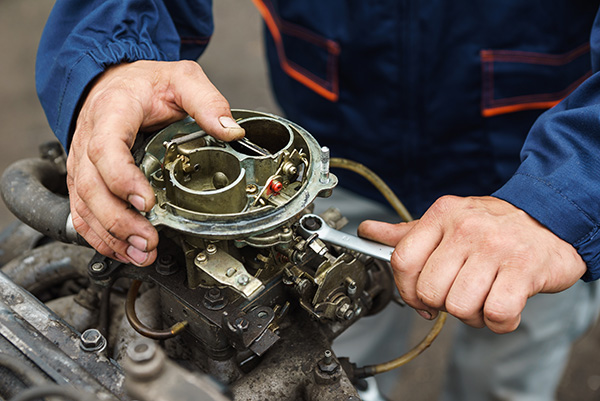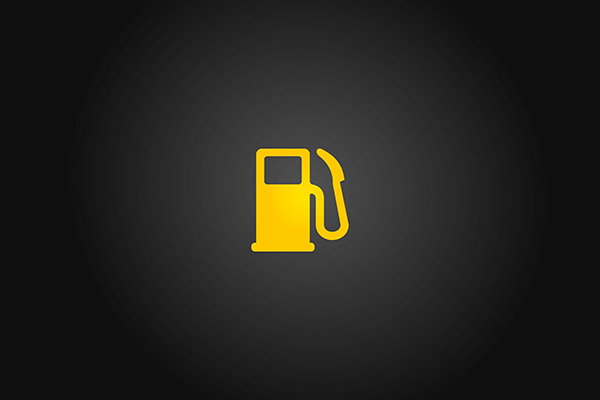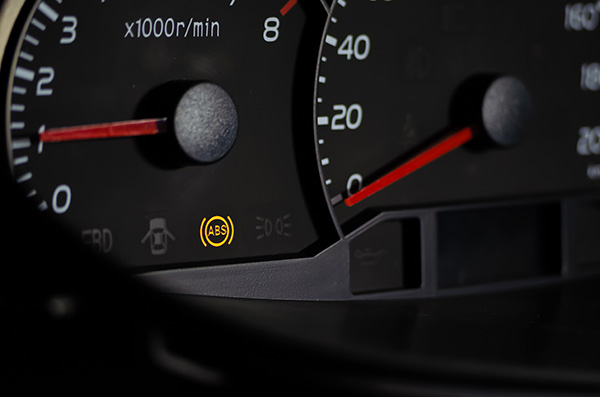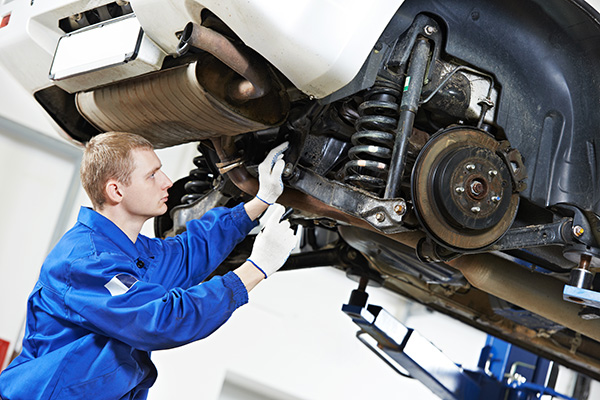Posted on 8/29/2025

Not long ago, the carburetor was an essential part of almost every vehicle on the road. If you owned a car in the 1970s or 1980s, you probably heard the term often or even adjusted a carburetor yourself. But take a look under the hood of any modern vehicle today, and you won’t find one. So what happened? Carburetors were once the standard for mixing fuel and air before it entered the engine’s combustion chambers. Today, that job has been handed over to more advanced technology. Let's explore why carburetors disappeared from modern vehicles and what replaced them. What Did the Carburetor Do The carburetor was responsible for blending fuel with air in the right ratio before delivering it to the engine. It relied on air pressure and mechanical parts to regulate this mix. When it worked well, the engine ran smoothly and responded well to the gas pedal. But carburetors had their limitations. They required frequent adjustment, especially during seasonal t ... read more
Posted on 7/25/2025

We’ve all been there — the gas light turns on, and you think, “I can make it a few more miles.” While it might seem harmless to stretch your fuel until the next gas station, consistently driving on an empty tank can lead to serious problems for your vehicle. Understanding the risks of running low on fuel can help you avoid unexpected breakdowns and expensive repairs. Fuel Gauge Isn’t Always Precise First, it’s important to remember that your fuel gauge isn’t a perfectly accurate instrument. Depending on your car’s design and driving conditions, the “empty” warning might leave you with more or less fuel than you expect. Relying on this light and guessing how far you can go puts you at risk of stalling in inconvenient or unsafe locations. If your car runs completely out of gas, it can leave you stranded on a busy road or far from help, creating a stressful and potentially dangerous situation. Damage ... read more
Posted on 6/27/2025

Seeing the ABS warning light appear on your dashboard can raise immediate concerns. Unlike the check engine light, which can signal a variety of issues, the ABS light specifically indicates a problem with your anti-lock braking system. This safety feature helps prevent your wheels from locking up during hard braking, especially on slippery roads. But what does it mean when the ABS light turns on? Can you keep driving, or should you stop immediately? Knowing what triggers the ABS light and how it affects your vehicle's braking can help you make a smart and safe decision. What Is the ABS and How Does It Work ABS, or anti-lock braking system, is designed to keep your wheels rotating during emergency stops so that you can maintain control of your vehicle. It activates when sensors detect that one or more wheels are about to lock up. The system quickly pulses the brakes to prevent skidding and allows you to steer away from hazards. The ABS works alongside your regul ... read more
Posted on 5/30/2025

Most drivers know the brakes are one of the most important safety systems on a vehicle—but how often do you really think about them unless they start making noise or feel off? A professional brake inspection doesn’t just catch problems when they happen—it helps prevent them before they start. Whether you’ve noticed a squeal when slowing down, a slight pull when braking, or you’re simply due for routine maintenance, here’s what actually goes into a proper brake inspection—and why it matters for your safety and your wallet. Initial Test Drive and Symptom Review At the start of a professional brake inspection, your technician will often begin with a test drive to get a feel for how the brakes perform in real-world conditions. If you’ve mentioned specific symptoms—like squeaking, grinding, pulsing, or reduced responsiveness—this drive helps replicate and diagnose the concern. This step gives insight into how t ... read more
Posted on 4/25/2025

Panic attacks can be terrifying no matter where they happen—but experiencing one while driving adds a whole new layer of fear. Your chest tightens, your heart races, and for a moment, it feels like you might lose control. It’s a disorienting experience that can quickly turn dangerous if you don’t know how to respond. If this has happened to you, you're far from alone. The good news is that there are steps you can take to stay safe and regain your sense of control when panic strikes on the road. Recognizing the Onset of a Panic Attack Behind the Wheel A panic attack can come out of nowhere. One minute you’re fine, and the next, your chest tightens, your breathing becomes shallow, and your body feels like it’s in fight-or-flight mode. The sudden surge of adrenaline makes it feel like something is seriously wrong—even if you’ve had a panic attack before. When driving, this becomes particularly dangerous because your abilit ... read more